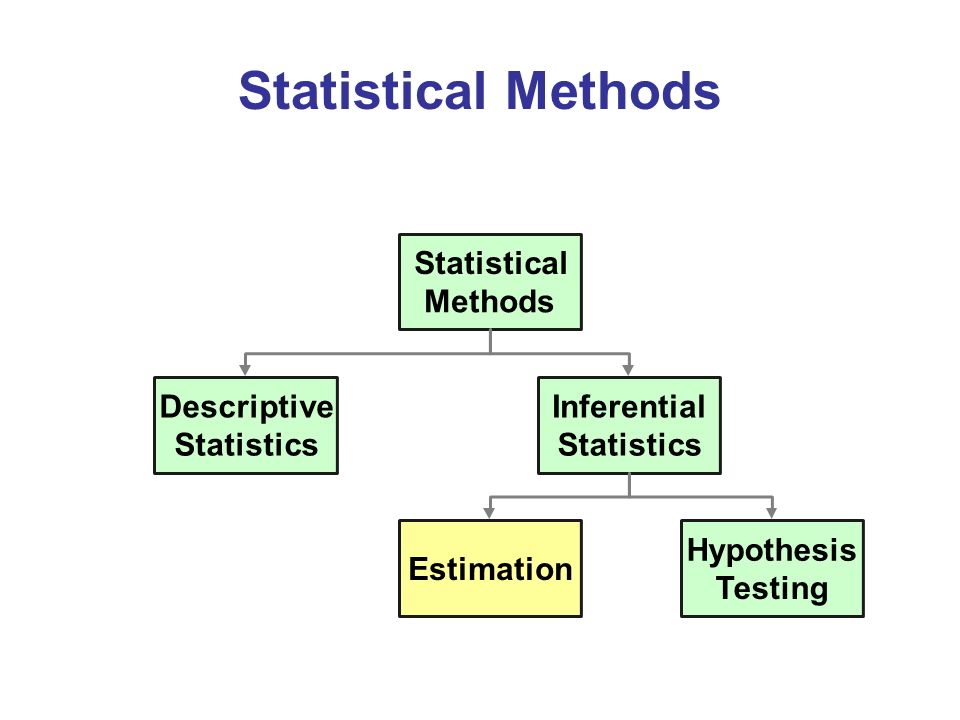Researchers often use covariate balance tests to assess whether a treatment variable is assigned "as-if" at random. However, standard tests may shed no light on a key condition for causal inference: the independence of treatment assignment and potential outcomes. We focus on a key factor that affects the sensitivity and specificity of balance tests: the extent to which covariates are prognostic, that is, predictive of potential outcomes. We propose a "conditional balance test" based on the weighted sum of covariate differences of means, where the weights are coefficients from a standardized regression of observed outcomes on covariates. Our theory and simulations show that this approach increases power relative to other global tests when potential outcomes are imbalanced, while limiting spurious rejections due to imbalance on irrelevant covariates.
翻译:研究人员经常使用共变平衡测试来评估处理变量是否被随机地指定为“如”处理变量。 但是,标准测试可能无法说明因果关系推断的关键条件:治疗分配和潜在结果的独立性。 我们侧重于影响平衡测试的敏感性和特殊性的一个关键因素:共变因素的预测性程度,即潜在结果的预测性。 我们提议基于共变方法差异加权和加权的“有条件平衡测试 ”, 其中加权值是观察到的共变结果标准化回归的系数。 我们的理论和模拟表明,当潜在结果不平衡时,这种方法会增加与其他全球测试相比的力量,同时会限制因不相关的共变结果不平衡而导致的虚假拒绝。


